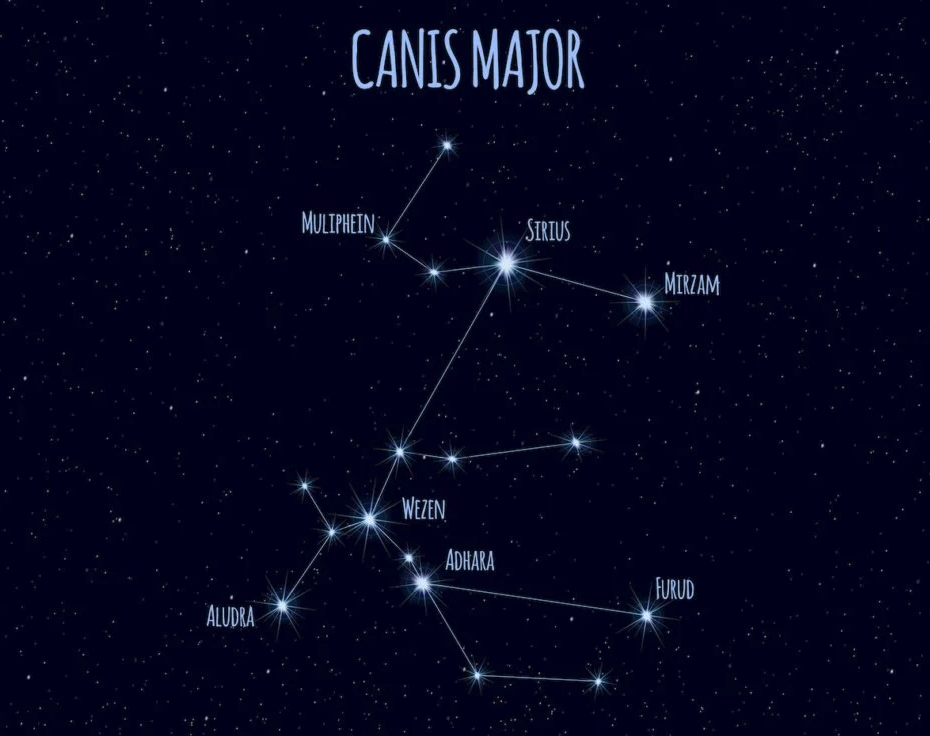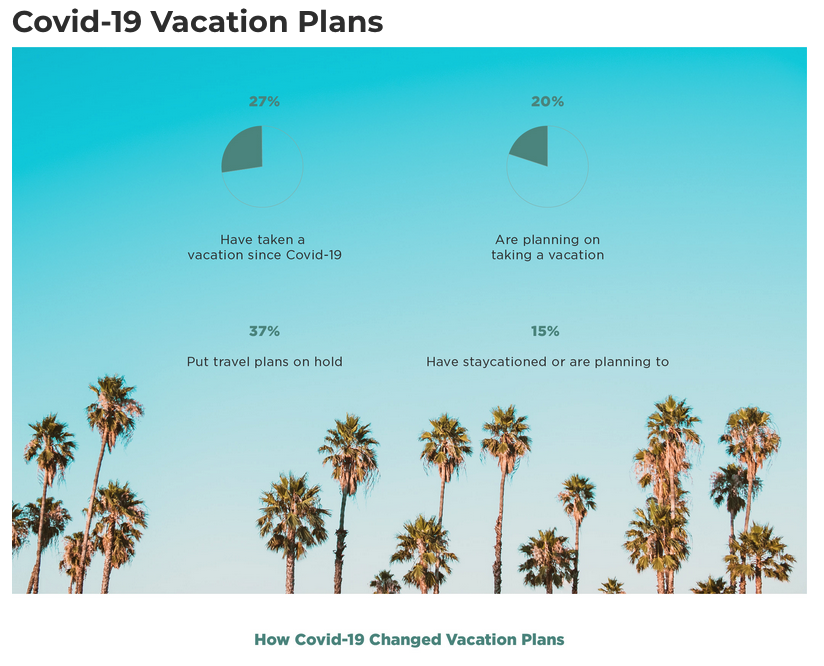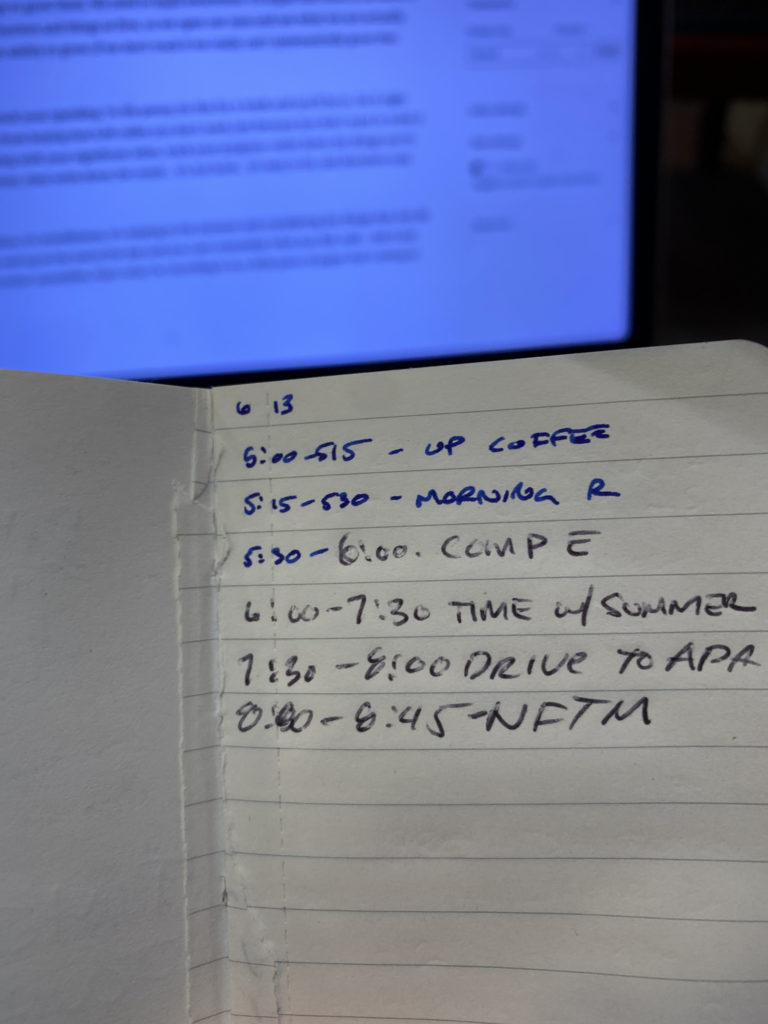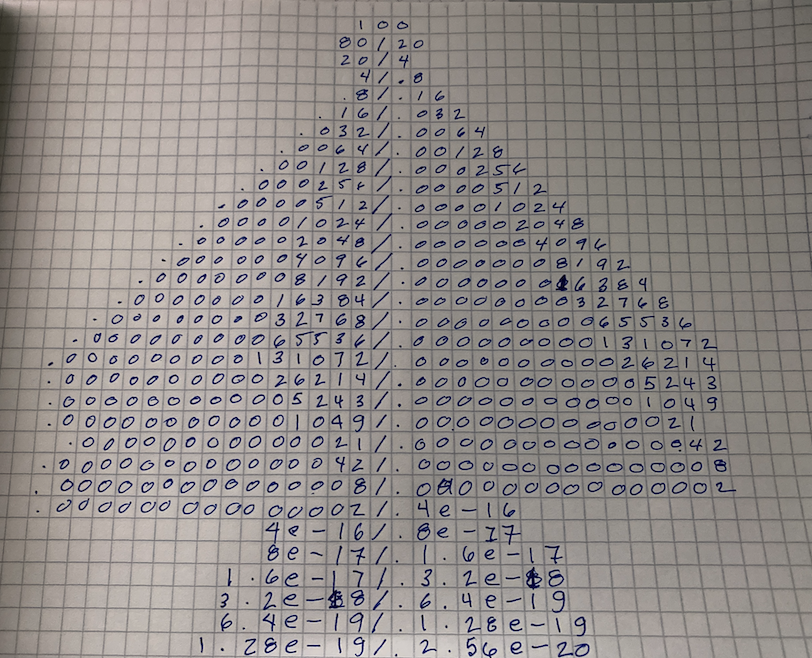My quest for self-development led me down an interesting side road into addiction, psychedelics, and drug use yesterday. I had a call with an acquaintance yesterday that has changed my view of addiction, and my life. Let me share it with you.
I’ve been thinking about starting this company called “Think Station.” It’s an idea to open a “center for cognitive learning”, a place to retrain our brains to do what they want through, deep work, meditation, you know… that meta stuff. I told my friend about this, and after about 45 minutes of me spewing my ideas on him and waiting for him to tell me what a great idea it was; instead, he gave me a couple of pieces of advice and some books to read, and resources to check out. I immediately purchased the books he suggested, became a member of a research group on psychedelics, and watched a talk by Johann Hari. (I’ll share all the resources later)
Now I don’t want to get distracted and talk too much about my ideas, because I want to discuss something that all of us have in our lives right now. Addiction. Addiction and specifically our beliefs about it.
Whether we are addicts ourselves or we have addicts we love, we are complex, interesting people that can’t stop looking at their smartphones, sniffing drugs, or drinking alcohol. You name the addiction and we are all out there and we all partake in them on some level. It might not be us, but it might be our spouses or closest friends that are involved.
Now for some of you, you already have some feelings going on. You might want to stop reading this because it’s just another “drug article” this, or whatever. But, I challenge you. If you are feeling fear, anxiety about knowing more about this, it’s very likely because you need to read on. Please stay with me on this. I know when I uncover things that run through the heart of my issues, I tend to not want to face them. Have courage, you’re not alone.
Let’s look at a couple of interesting “experiments” from our history:
- The Viet Nam War. During the Vietnam War, over 20% of the active-duty military were using heroin–the study I’m citing here also says that if you tried narcotics in Vietnam, 79% of the folks who tried, tried heroin. The media was in a frenzy back then, and they thought that America’s military would return addicted to drugs and would be our undoing.
- But that didn’t happen. What happened was our troops came home and 95% of them stopped using… They stopped cold turkey just like that.
- I still meet Vets all the time who fought in Vietnam. Why aren’t they addicted, or worse yet?
- Very Curious–this made me go into overdrive.
- Dr. Bruce K. Alexander and his Rat Park. During about the same time in Vietnam, a doctor was also performing some experiments that challenged some of the previous experiments on behavior and drugs. Dr. Bruce had been looking at the experiment of the “druggie rat in a cage.” This is the one performed on rats, with one bottle of freshwater, one bottle of water laced with drugs, and one rat. It was very simple, empty cage, two bottles, add the rat, watch… rat does drugs until it’s dead. Drugs bad, drugs kill, rat wanted more and more. NEXT! (NO!!!!) I thought the same thing in 2021. Yikes. Chemical hooks get into us, and we’re doomed. But really no. People use diamorphine all the time to recover from hip replacements, injuries, and the like. Grandma doesn’t go in to get her hip replaced and comes out a druggie… nope… Something is wrong with that perspective.
- Dr. Bruce tried something different. His hypothesis was basically that of course, the rat is going to go for the drug water because they had put nothing else in the cage.
- He created “Rat Park”, this was a cage that had two bottles, one laced with drugs, and one clean, but he also added other loads of cheese, toys, things to do, tunnels, but most importantly, he added other rats so that they could play, have sex, and, most importantly, to be with each other.
- The Rats in Rat Park did something very different. They didn’t like the drug water at all. None of the rats used it compulsively, none of them died, none of them became “addicted.” Huh?
- This was a real eye-opener, it challenges everything.
Major Takeaway: As a result of Dr. Bruce K. Alexander’s work, he’d uncovered that chemical hooks, the idea that most of us still believe–that if you’re exposed to or around drugs, you’ll naturally get chemically addicted to them and then you’ll be an addict. If you do heroin every day for a few days… your screwed. You’ll be addicted and that’s it.
Super Major Takeaway: What if addiction isn’t about your chemical hooks? What if it’s about your cage?
Dr. Bruce’s study has to force us to think: what if addiction isn’t really what we think it is–what if addiction is really adaptation? Addiction should be called bonding. All of us need to bond, and some of us due to some trauma, something, someone; might be missing a part of our lives where we needed bonding and true human connection.
The worst off of us have lost bonding with reality, or our children and family, or our deepest loves or loved ones… so we fill the need with other bonds other connections that help us cope. I and others believe that the most dangerous addictions aren’t just to drugs and alcohol. There are other addictions like gambling, porn, “digital addiction”, that are doing immeasurable damage to our lives. We just don’t have a war on smartphones [YET].
Now, lots of us drink, but we aren’t homeless. We could all probably drink a 1/5 of bourbon or vodka a day, and if it wasn’t for the hangovers and bad moods, we’d basically be okay. Sure, we’d not perform very well, but I worked in an office full of professional, rich, drunks; all day every day did drugs, drank–you name it… for years on end. None of them are homeless now, maybe lots of them have health problems. That’s not the point. The point is we can use these things and not turn into homeless people overnight, we have bank accounts and people that would save us.
Let’s take a quick trip to Portugal. Back in 2000, Portugal was a drug den. It was a disaster by some accounts. The government of Portugal hired Dr. João Goulão to create a drug program in the country to help curb the rise of addiction. What he did was to suggest that they legalize all drugs, from cocaine to crack–but the key to his advice was that all the money they used to interdict, to enforce, to rehab folks in the past, should be used differently. It should be used to connect the drug addicts back into society. Specifically, he wanted to make sure the money was spent on giving the drug addicts a reason for getting up in the morning. He wanted to add things to their cages that made life worth living. Portugal responded with programs that, yes, still included traditional rehabs and psychiatry, but they also included programs where former mechanics would go back to work as mechanics and the government would pay for half of their salary for a certain amount of time. They funded business ideas with grants to drug addicts via microloans, all to do one thing. To rebuild the connections that these people had lost, and to help them rediscover missing bonds with their families, friends, and society. Instead of ripping them away from society, he buried them deep in it he planted seeds of connections. Look at the results. It’s amazing.
Let’s bring it home. Today, we all feel vulnerable on some levels. All of us have varying levels of disconnection and addiction. It’s scary because we live in a time that we are all supposedly more connected then ever. Today, I feel as if we are living in a parody of human connections. Those connections are played out on the screens of Facebook, Instagram, or Pinterest.
If you’ve had a recent crisis in your life, a real one, I can guarantee that it’s not your Twitter followers that you call or those old Facebook friends who you haven’t seen in years that will be helping you. It will be your flesh and blood friends who will be in your corner, on the phone with you in the dark of night during your deepest darkest moments. It will be the real people in your life that will hug and get you through those moments. And if you don’t have those… Then you have a real problem.
Bill McKibben, has noted in his many books and talks that he sees floor space in our homes increasing, but personal connections decreasing, he sees digital stuff growing in our lives, but tangible human interactions on the decline. I agree with him, and I see this as being more than just an individual problem for us. It’s a global social problem and we need social recovery along with individual recovery.
What we now need to do is tell the addicts in our lives and maybe ourselves a different message to wake them/us up. We don’t need to bring the Intervention reality show into our homes, we just need to change our philosophy about how we view addictions today and we need to immediately change the narrative. We need to get to the people we love and remind them of this:
“We love you and we want to deepen our connections with you. We love you and we and we don’t want you to feel alone. We are here with you and we love and accept you. We are here for you, no matter how bad it gets, we are here.”
This is what we need to be telling addicts.
You’re not alone. I’m here for you.
Finally, let’s rewrite one key belief that we might have held as true for a long time:
The opposite of addiction isn’t sobriety, the opposition of addiction is connection.
Let’s do this people! Go out there and make it happen. I believe in you. Take from the day today. Take from today and make tomorrow easier. I love you all!
Featured Photo by Matt Briney on Unsplash
*This article is based largely on the TED Talk by Johann Hari, you can see it here. Thank you @Ben for sharing it with me.
** Here’s the research group I joined: https://maps.org/participate/participate-in-research




